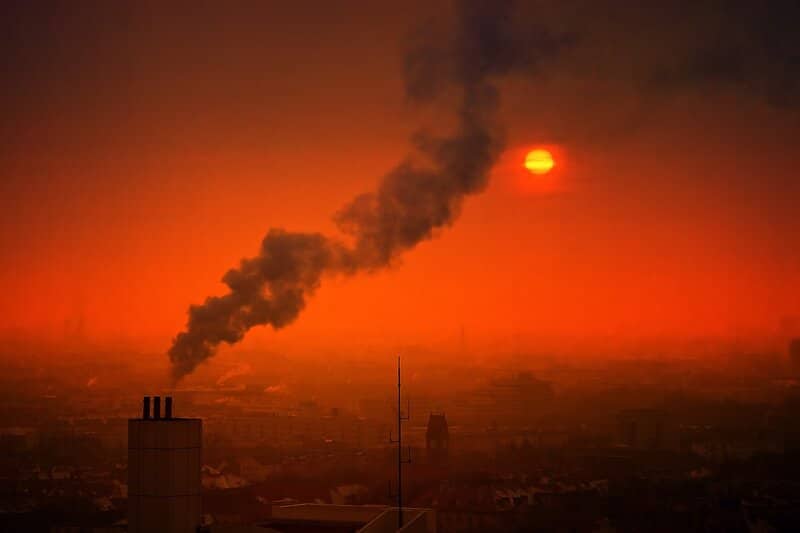For too long, methane has often been left out of the climate conversation. In fact, it is one of the many causes of climate change, with levels of atmospheric methane now at an all-time high since the 1980s despite the economic slowdown from COVID-19, according to preliminary estimates by the US National Oceanic and Atmospheric Administration (NOAA) in April 2020. But even as a growing number of climate scientists, experts, and policymakers recognise the dire need to reduce methane emissions as a crucial aspect in preventing a widespread environmental catastrophe, recent findings have shown that there is no better time to act than the present. A recently published study has indicated that implementing rapid, full-scale efforts to cut down global methane emissions using existing technologies could slash such emissions in half and slow the current rate of Earth’s climate warming by as much as 30% by 2030.
—
The study, published in the Environmental Research Letters journal, which said that such efforts would require a swift reduction in emissions from the oil and gas industry, large-scale agriculture, and other human sources, came shortly before a new UN-backed report that noted “urgent steps” are necessary to reduce human-produced methane emissions by 45% this decade – all of which could help to avoid warming of at least 0.3˚C by 2045, well within the target goals set by the Paris Agreement of limiting global temperature rise to 1.5˚C (2.7˚F) above pre-industrial levels.
Methane is 84 times more powerful at trapping heat than carbon dioxide over a 20-year span, and is a vital component in the development of a dangerous air pollutant known as ground-level ozone (or smog). But even as 25% of current global warming is caused by human-induced methane emissions, it takes only a decade for methane to break down within the Earth’s atmosphere – as opposed to carbon dioxide, which lingers in the air for centuries.
The new study from Environmental Research Letters puts forth a range of solutions that, if executed over the coming decade, could help decrease predicted 2030 methane emissions by half with no net cost.
You might also like: Atmospheric Methane Levels See ‘Record’ Surge
Other workable solutions in the global effort to reduce methane emissions involve modifying agricultural practices. Methane from the agricultural sector would be the most difficult area for technical improvements, as the sector itself has a global abatement potential (GAP) of 28 percent at the baseline – the lowest total reduction potential amongst other sectors such as municipal solid waste, coal mining, and wastewater, according to the Global Methane Initiative.
Rice farming’s footprint could decrease quicker if farmers utilised alternative hybrids, refined water management systems, and added new materials to enrich soil properties. Such processes could result in avoiding as much as 335 million metric tons (370 million tons) worth of methane emissions by 2050.
Researchers have found great potential in the area of improving waste management for reducing methane emissions, and estimate that by separating refuse according to source, implementing more effective recycling practices and schemes to capture energy from rotting waste, as well as banning organic waste in landfills, 778 million metric tons (858 million tons) of emitted methane could be avoided between now and 2050.
Working to slash methane emissions is a vital, albeit overlooked, way to slow global warming – and is one that cannot afford to be missed. “Acting now and moving quickly to cut methane emissions is essential,” says the lead author of the Environmental Research Letters study, Dr. Ilissa Ocko, adding that the issue of methane must be addressed directly and that even a “modest delay would mean missing out on significant climate benefits.”
Powerful nations such as the US, the world’s largest producer of oil and gas, must also step up and demonstrate their ability to lead the way in reducing methane emissions when tackling the escalating climate threat. US President Joe Biden has since announced plans to limit emissions from the oil and gas industry, along with other newly implemented initiatives through the US Environmental Protection Agency (EPA), in the coming years to reach his administration’s long-term climate goals.
Slowing the ongoing rate of global warming would help curb the most extreme of weather phenomena impacting people around the world today, namely wildfires, crop losses, hurricanes and rising sea levels.

















